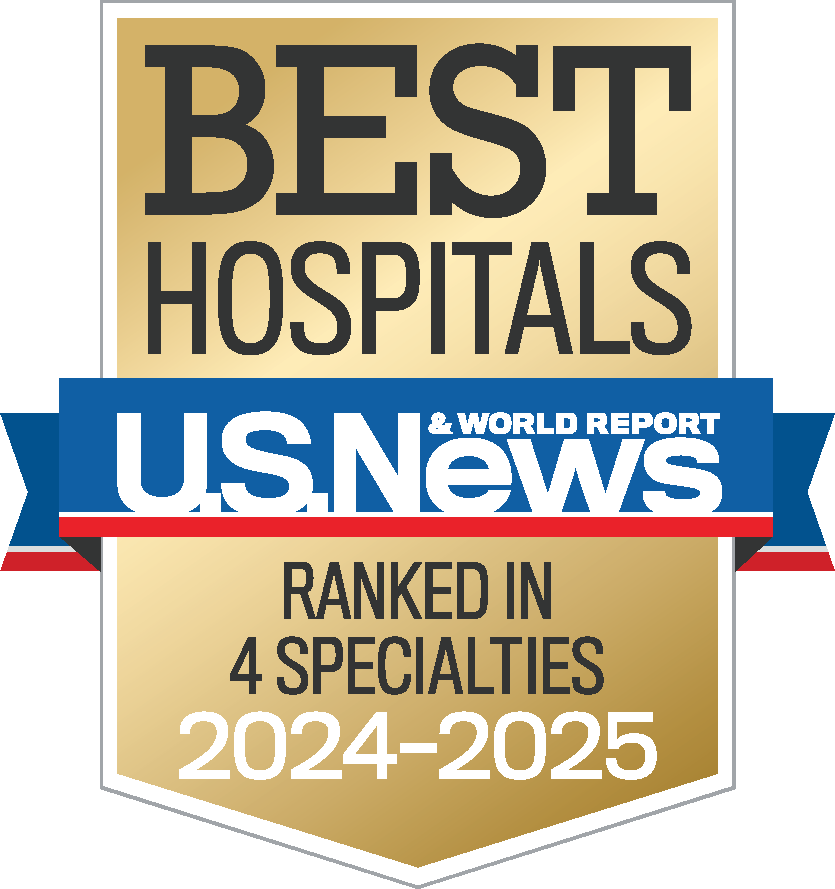Time to Talk About It: Colorectal Cancer Screenings Matter
MAR 28, 2025Colorectal cancer is one of the most common cancers, but it’s also one of the most preventable with regular screenings. Learn about your options.
Read More Additional information about Time to Talk About It: Colorectal Cancer Screenings Matter



